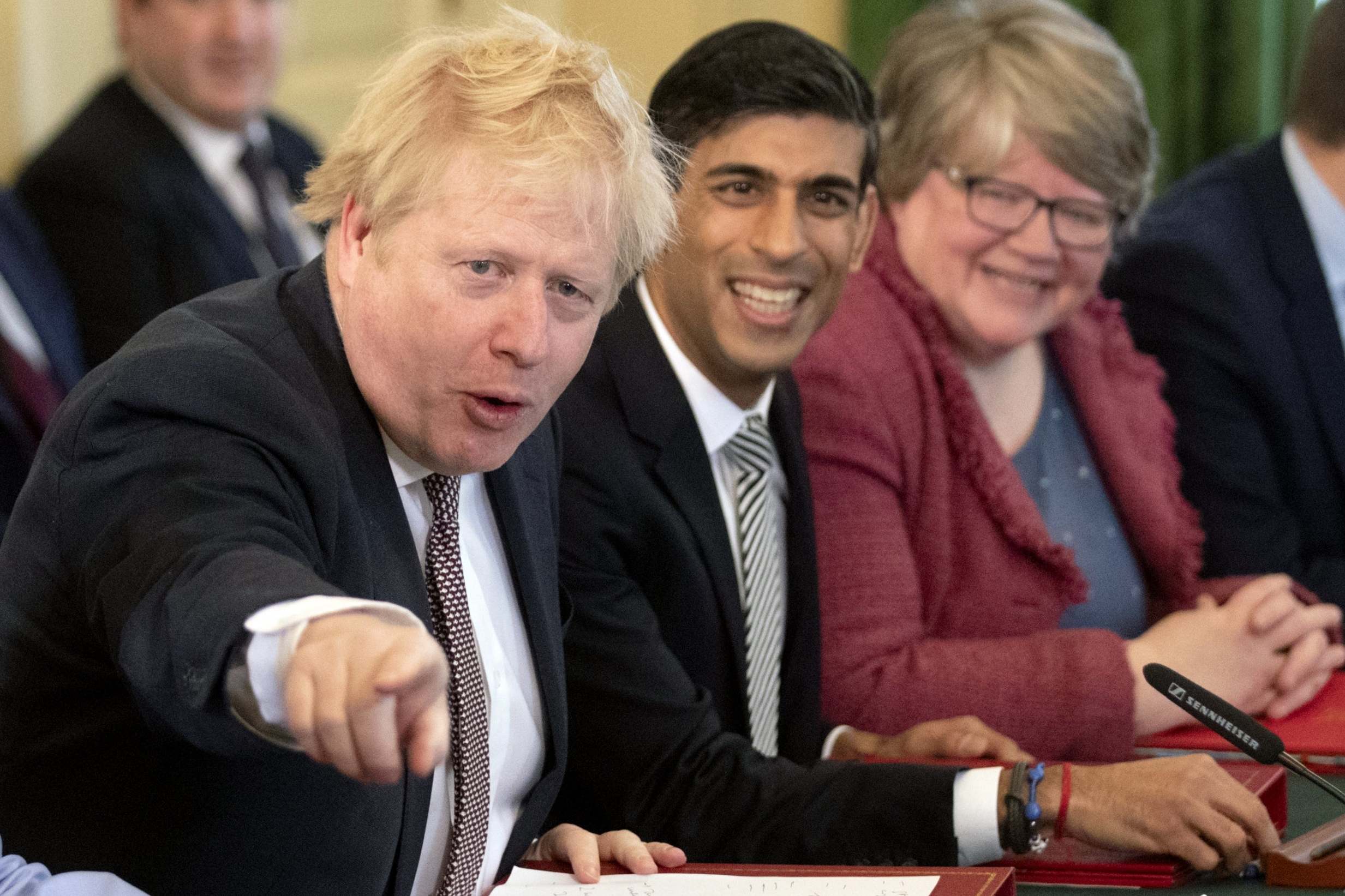Boris Johnson’s cabinet should not be less diverse than the nation it serves
Editorial: The reshuffle means top ministers are more white, male and privately educated than before – which does not help them deliver for the many

Boris Johnson probably believes that he has appointed the best people for the tasks ahead. His first cabinet, assembled in July, was designed to deliver Brexit. Thus it featured prominent Leavers, Andrea Leadsom, Theresa Villiers and Esther McVey, even though their records as ministers were indifferent.
This week’s new cabinet is intended to focus, in New Labour language, on “delivery”. Mr Johnson recognises the need to improve public services and invest in infrastructure, in ways that will convince those voters who put their trust in the “One Nation” Conservatives for the first time at the election that they were right to do so.
It may be – we put it no more strongly than this – that the prime minister tends to see ministers capable of delivering change in his own image. That may be why his new cabinet is slightly whiter, more male and more privately educated than his first draft. As we report today, two thirds of ministers around the cabinet were privately educated, while the numbers of female and ethnic minority members have both fallen by one.
Of course, The Independent believes in appointment on merit, and regards quotas as undesirable in principle – although without them, we would not have arrived at the position today where the Labour Party has more female MPs than male. Yet it is hard to believe that Mr Johnson’s cabinet, which already had many more privately educated members than either David Cameron or Theresa May’s, is moving in the right direction.
This is not a comment on individual posts, although we have our reservations, for example, about Priti Patel’s punitive and authoritarian tendencies at the Home Office, and some of Suella Braverman’s comments about judicial independence do not seem obvious qualifications for the office of attorney general.
We believe it would be better to cast the net more widely. It would be odd if the best people to bring effective project management skills to the highest levels of government just happened to come from a similar background to the prime minister’s.
A more diverse cabinet could easily be as talented, and as likely to deliver effective change, as the present line-up – and it would have the presentational advantage of looking as if it were more in touch with the lives of the many, not the few.
Diversity is not the only test. But a less diverse cabinet does nothing to help to deliver better public services and infrastructure for the country.
Join our commenting forum
Join thought-provoking conversations, follow other Independent readers and see their replies
Comments